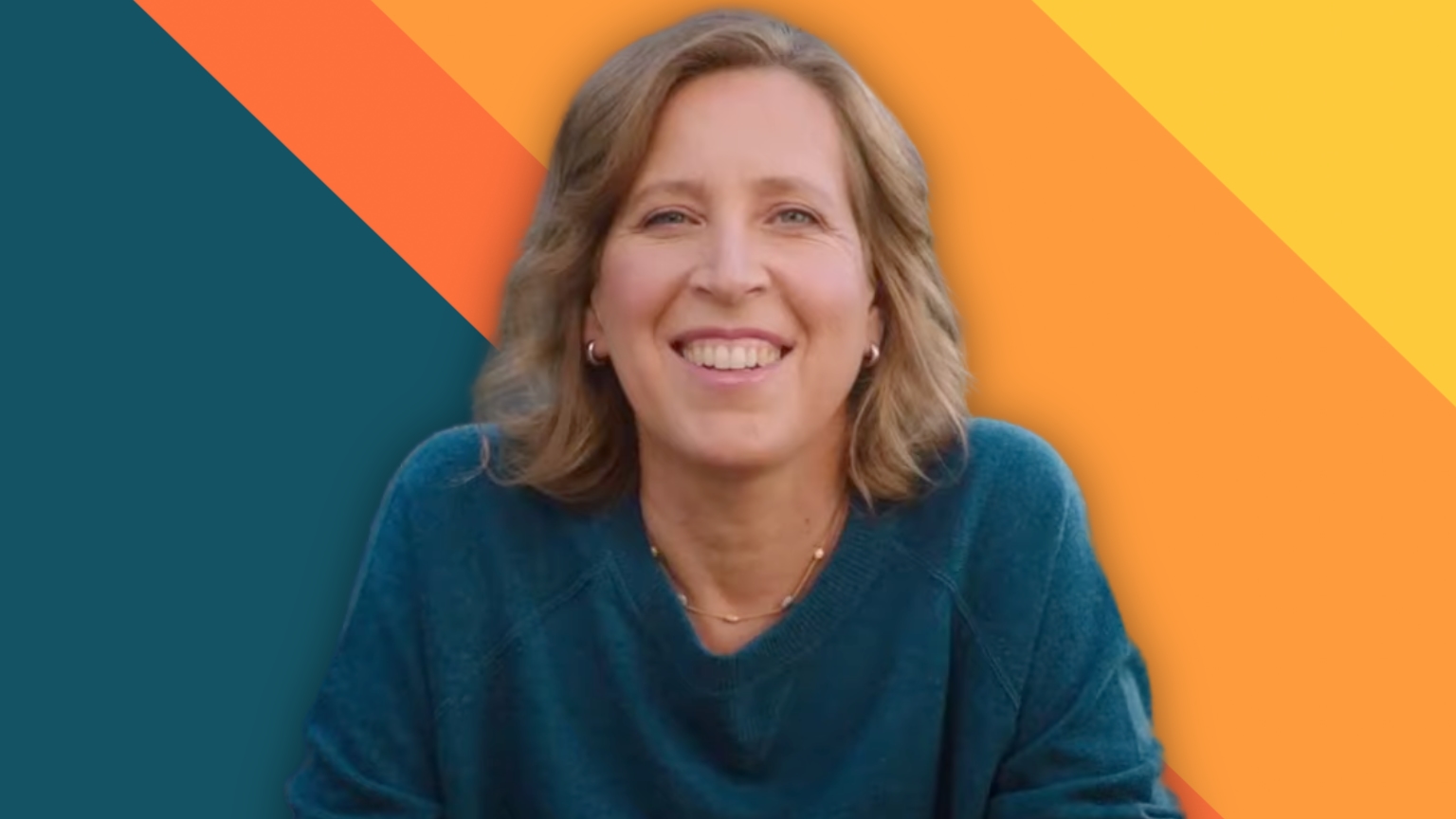Every quarter, YouTube removes hundreds of thousands of videos for violating its “hate” and “harassment” rules. And in a recent appearance on the independent Hamburg-based broadcaster TIDETVhamburg, YouTube CEO Susan Wojcicki acknowledged that there’s ambiguity around how people define “hate and harassment” but provided little clarity to the creators who have had their videos removed under these rules.
Wojcicki made the comments when explaining how YouTube uses its four Rs policy framework (Remove, Raise, Reduce, and Reward) to balance “tensions between freedom of speech” and “the need for us to…be responsible as a platform in terms of how we distribute information.”
Videos that are deemed to be in violation of YouTube’s “hate speech” and “harassment” rules are removed under the “Remove” part of this four Rs policy framework.
Wojcicki justified the Remove aspect of this policy by claiming that there’s content “I think everyone agrees doesn’t make sense,” only to admit seconds later that there’s ambiguity around how people define “hate and harassment.”
“There’s many content that I think everyone agrees doesn’t make sense,” Wojcicki said. “Obviously, like violent extremism, making sure children are safe, hate, harassment, hate and harassment there could be various definitions of where you draw those lines but…there are certainly many categories that we…can all agree don’t belong on a platform for…distribution.”
Despite this admission that there are various ways to define hate and harassment, Wojcicki and YouTube support removing content based on these terms.
Wojcicki has previously called for the US government to offer guidance on hate speech and cited Europe’s “much stricter hate laws.” She has also acknowledged that YouTube will remove hate speech from elected officials but allow media outlets to reupload it with their own “context.”
YouTube introduced a controversial new harassment policy in December 2019 which targeted insults, mockery, and jokes that go “too far.” The policy was blasted by creators who warned that it would prohibit many forms of comedy on the platform.






















